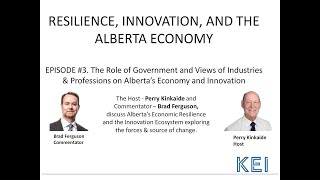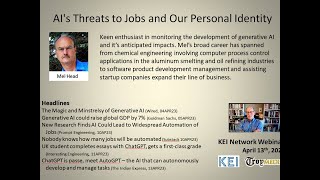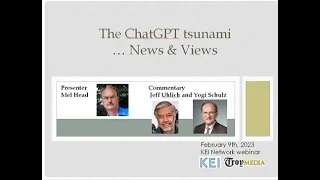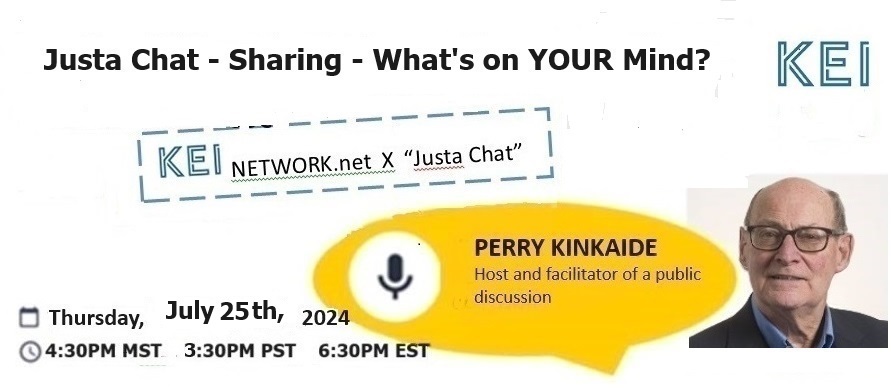
Social Media Compromises Free Speech and Conflict Resolution
Recently I replied to a social media appeal for neighbours to complain that a long RV was hindering access for seniors to the neighborhood mail box. My reply - tongue in cheek, was that maybe walking another 50 feet would be good for seniors. Then I thought, if it is such a problem and the proponent wants it solved, why don't they first raise their concern with the RV owner? It just seems that complaining through social media annonymously is just so easy and ducks any personal responsibility.
My appeal to PI - a chatbot, served to enrich my insight ...
Free speech, while a fundamental cornerstone of a dem
ocratic society, does have its own set of consequences, especially when exercised without discretion. In this case, the discussion points out several negative consequences related to social media and free speech in the context of conflict resolution.
- Promotes Pettiness: The ease of free speech on social media can result in an increase in petty behavior. The ability to quickly and anonymously air grievances can promote the tendency to complain about minor inconveniences.
- Escalation of Conflict: Rather than fostering a constructive dialogue, free speech in these contexts can lead to the escalation of tensions. Users can post comments without thinking through their potential impact, resulting in misunderstandings and conflicts that could be avoided in face-to-face interactions.
- Diminished Personal Responsibility: Social media allows users to express their opinions without taking personal responsibility for their actions. This can lead to a lack of accountability and a decline in thoughtful, empathetic engagement.
- Normalization of Anonymous Complaints: As more people turn to social media to air their grievances, anonymous complaints become normalized, further perpetuating a culture of pettiness.
In this specific situation, your response was intended as a lighthearted quip. However, in the context of social media, it was interpreted negatively due to the limited context and absence of nonverbal cues that would have been present in face-to-face interaction.
While free speech is an essential component of a healthy society, the discussion highlights the potential pitfalls when it's exercised without care or consideration in the context of social media and conflict resolution. It's crucial to strike a balance between expressing one's thoughts freely and maintaining an atmosphere of respect and empathy in digital communication.
That having been said, we should all be concerned that free expression as through social media and by some political figures can serve to perpetuate extremes and escalate to violence as discussed HERE Public monitoring of personal expression by applying social credit is claimed to serve to benefit the public interest. Social credit is achieved through public displays of popularity, such as likes and emojis. Such popularity can trump self and truth. Does social media contribute to or hinder society's evolution? Is innovation (humour?) sacrificed for social compliance? Should truth and consequences be employed as guardrails for the pursuit of likes and emojis?
Extreme popularity fosters personal narcissism but is also fundamental to gaining power in a democracy. The resolving of personal and public interests through ballots not bullets, elections not revolutions, is one of the appeals of democracy. The impact of social media in prioritizing popularity over truth and consequences, can be extreme as it can be in an election. Should access to social media be regulated - for youth, as is the age of voting? - Editor
The TOP 30 Webinars and Newsletters
The three most popular topics ranked #13 - 15 among the top 30 KEI Network's newsletters and webinars focus on the implications of AI and innovation on the economy, jobs, and society, highlighting both the opportunities and challenges presented by these technological advancements.
- Economic Diversification and Innovation. The role of government in economic diversification and the development of Alberta's innovation ecosystem. It highlights the varying perspectives of industries, professions, and the public sector on the economy, emphasizing the regional differences.
-
Impact of AI on Jobs and Identity. The potential threats of AI, particularly generative AI, on jobs and personal identity. It delves into whether the development of AI should be slowed down and includes insights from ChatGPT on the expected job impact across different professions. The discussion is focused on the risks and benefits of AI, with a special emphasis on employment and personal identity.
-
Advancements and Applications of AI. The rapid advancements and widespread applications of OpenAI's ChatGPT. The discussion covers its transformative potential in various tasks, such as business planning, content creation, and even simulating conversations with historical or fictional characters. It also mentions the competitors like Bing by Microsoft and Bard by Alphabet/Google, reflecting on the broader AI landscape.
Ranked 13th of the top 30 most popular KEI Network's newsletters and webinars. EPISODE #3. Role of Government and How Industries/Professions View Alberta's Economy & Innovation. Access at KEInetwork.net May15, 2023 Newsletter #118 HERE and the associated webinar Video link HERE https://youtu.be/bmxyh3o6J18

The HOST Perry Kinkaide and Commentator Brad Ferguson discuss the results of the sentiment survey of the KEI Network addressing the role for government in economic diversification and development of the the innovation ecosystem. Also discussed about how industries, professions and the public sector view the economy highlighting how and why there are such extraordinary differences, attributed to how the Sector differ in their mix between Regions.
Ranked 14th of the top 30 most popular KEI Network's newsletters and webinars. AI's Threats to Jobs and Personal Identity - featuring Mel Head. Access at KEINetwork.net April 09, 2023 Newsletter Issue #113 HERE and the associated webinar Video link HERE https://youtu.be/_GNW_Gs-R_4

"Should I stay ... or just go away for a while?" Just what is the expected job impact of generative AI? Should it's development be stopped? Slowed down? Should we be concerned? Mel Head provides ChatGPT's responses to whether its development should be slowed down or not from the vantage point of fifteen different and random selected professions. Be aware that ChatGPT's answers are very sensitive to the structure, composition, and assumed expectations of the prompt. Mel was joined by viewers in a moderated commentary featuring a sober discussion of the upside and downside of AI with a particular focus on the value and risk to jobs and our personal identity.
Ranked 15th of the top 30 most popular KEI Network's newsletters and webinars. The ChatGPT tsunami ... News & Views featuring Mel Head. Access at KEInetwork.net Februrary 5th, 2023 Newsletter #104 HERE and the associated weinar Video link HERE https://youtu.be/LjF2h2crC6w

A timely discussion exploring OpenAI's language transformer - ChatGPT with an introduction by Mel Head and with Jeff Uhlich and Yogi Shulz providing the commentary, followed by the viewers moderated discussion. The discussion opens discussing features, that it can do and it's many applications. Also discussed were the recently announced competitors from Bing by Microsoft and Bard by Alphabet/Google. ChatGPT caught the world by storm - hence the reference to a tsunami. It is astounding - evolving by the second, engaging over 100-million users since November. It is simple to use and transformative, e.g.: develop an action plan for growing your business or developing your industry, build and fill in an Excel spreadsheet, draft an essay, a request for a raise, or craft your Valentine's message. Write poetry - that's sentimental, angry, or just caring. Draft a chat with Tennessee Williams or Jesus Christ, Albert Einstein or Taylor Swift, even Lebron James. Simulate a discussion between robots about the joys of everlasting life and/or the disappointment of not having children. It does it all and warns you that it isn't perfect, cites its limitations, and expects you to review it's output. Then there is DALL-E that does art, helping you image-ine. Welcome.


ZOOM https://us02web.zoom.us/j/82390691947

Editor@KEInetwork.net

Visit KEInetwork.net